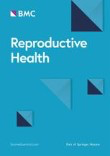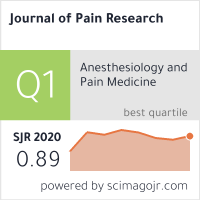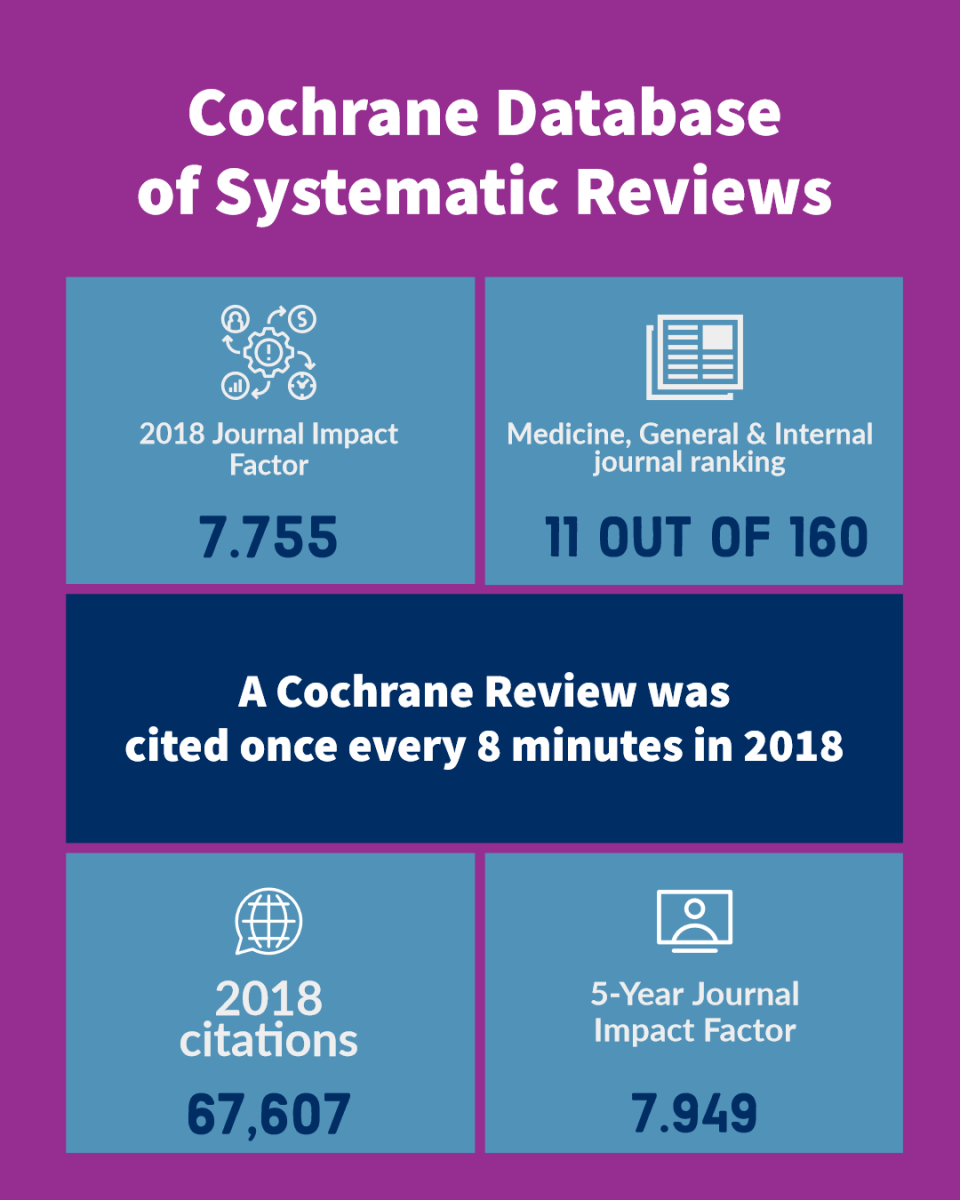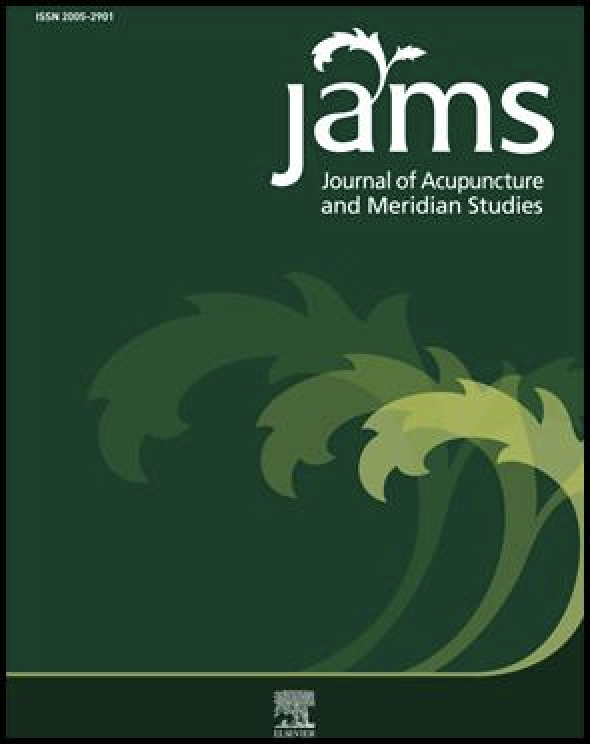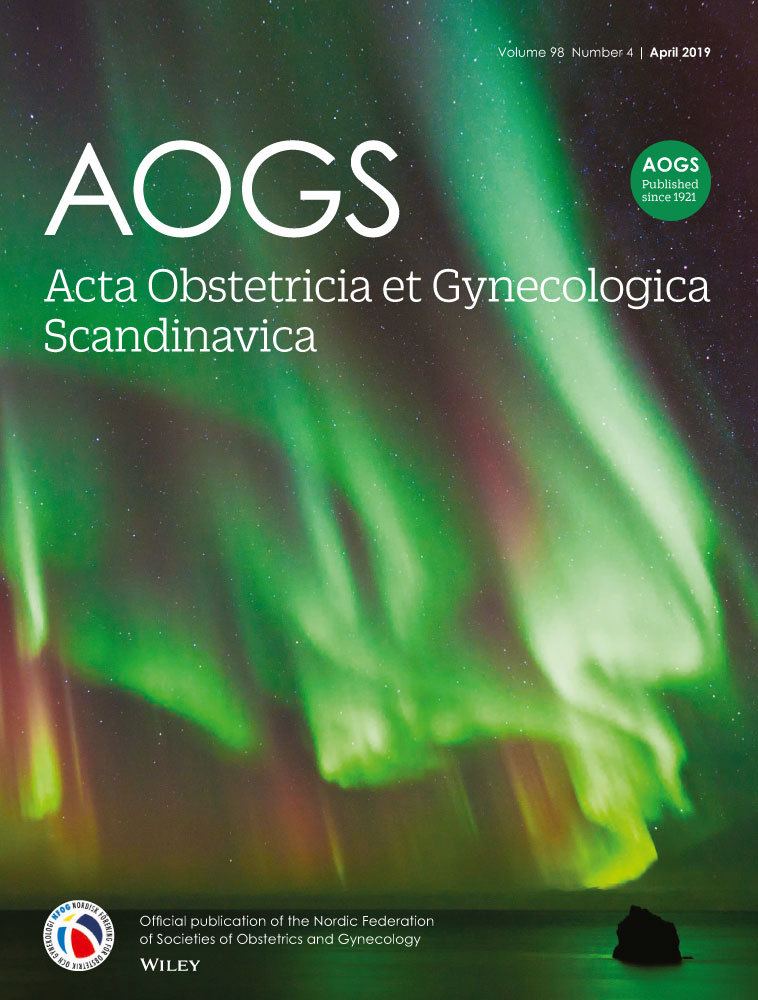
Acupuncture for Period Pain & Endometriosis.
Period pain is experienced by most women throughout their menstrual years. While many women take painkillers to manage their period pain, Chinese medicine regards that a healthy period should not be painful.
Minor cramps and discomfort from time to time is not uncommon, however, experiencing strong pain that affects day-to-day activities is not normal.
Period pain without any identifiable medical cause may be diagnosed as primary dysmenorrhoea or caused by endometriosis and less commonly fibroids or adenomyosis.
What is our clinical experience?
Based on feedback collected from over 858 initial appointments for Irregular Menstruation & Period Pain, 95% of our patients reported improved quality of life after their first 6 appointments. See our detailed benchmarking statistics.
Initial
Consults
858
Average
Appointments
6
Improved
Quality of Life
95%
Refer Family &
Friends
96%
What does the research say?
The following insights are obtained from systematic reviews and analysis of clinical trials investigating the efficacy of Chinese medicine and acupuncture for period pain & endometriosis.
2021 Frontiers in Medicine
Adding acupuncture to conventional therapy may decrease the subsequent endometriosis risk in female rheumatoid arthritis patients.
Between 1998 and 2010, female subjects with RA were recruited from a nationwide database (5,736 patients; age ≥20 years). Enrolled patients included 2,407 acupuncture users and 2,407 nonusers randomly selected using propensity scores. The occurrence of endometriosis was recorded through the end of 2012. Cox proportional hazards regression was used to estimate the adjusted hazard ratio (HR) associated with acupuncture use.
Results: During the follow-up period, 35 acupuncture users and 94 non-users developed endometriosis, with incidence rates of 2.36 and 4.91 per 1,000 person-years, respectively. Acupuncture use was associated with a 55% lower endometriosis risk. Those who received high intensity acupuncture (≥15 packages) had the greatest benefit.
The results of multivariable analysis demonstrated that the use of acupuncture was related to a significantly reduced risk of endometriosis. In the subgroup analysis, the medium- to high-level intensity acupuncture use was found to possibly lessen the risk of having endometriosis for more than 70%. We discovered that the post-rheumatoid arthritis acupuncture use would significantly reduce the risk of endometriosis in a dose-dependent manner.
The Relationship of Acupuncture Use to the Endometriosis Risk in Females With Rheumatoid Arthritis: Real-World Evidence From Population-Based Health Claims Chen Wei-Jen, Livneh Hanoch, Hsu Chien-Hui, Hu Ying-To, Lai Ning-Sheng, Guo How-Ran, Tsai Tzung-Yi
2020 Evidence-Based Complementary and Alternative Medicine
The current evidence suggests that acupuncture and moxibustion is more effective than ibuprofen or Fenbid in the treatment of primary dysmenorrhoea.
This overview provided a comprehensive overview of the evidence on the effectiveness and safety of acupuncture and moxibustion for PD. Evidence of moderate quality suggested that acupuncture and moxibustion had a positive effect on indomethacin or Fenbid in treating PD. Low-quality evidence showed that compared to NSAIDs, acupuncture and moxibustion could relieve PD related pain with less adverse effects, which needs to be further researched. The adverse effects related to the acupuncture and moxibustion were mild, and they included dizziness, fainting, or minimal bleeding after acupuncture.
Effectiveness and Safety of Acupuncture and Moxibustion for Primary Dysmenorrhea: An Overview of Systematic Reviews and Meta-Analyses Jun Yang, Jun Xiong, Ting Yuan, Xue Wang, Yunfeng Jiang, Xiaohong Zhou, Kai Liao, Lingling Xu
2018 Medicine
Acupuncture might reduce menstrual pain and associated symptoms more effectively compared to no treatment or NSAIDs.
The results of this study suggest that acupuncture might reduce menstrual pain and associated symptoms more effectively compared to no treatment or NSAIDs, and the efficacy could be maintained during a short-term follow-up period. Despite limitations due to the low quality and methodological restrictions of the included studies, acupuncture might be used as an effective and safe treatment for females with primary dysmenorrhea.
The efficacy and safety of acupuncture in women with primary dysmenorrhea Woo HL, Ji HR, Pak YK, Lee H, Heo SJ, Lee JM, Park KS
2018 Reproductive Health
Endometriosis, often seen as benign, is linked to infertility and metastatic cancer, and shows different risk factors and treatment responses in Asian and European-American women.
The research studied endometriosis in Chinese women, thoroughly examining genetic and environmental risk factors, diagnosis strategies, treatment methods and their effects. It particularly focused on the presence and impact of various genetic mutations and polymorphisms that may increase endometriosis risk in this demographic. Comparison was drawn between the data from Asian and European-American women, studying the contrast in risk factors and how each group responds to treatment.
In analysing their results, researchers discovered endometriosis, while largely viewed as a benign condition, may in fact be a significant cause of infertility and metastatic cancer and has links with immune system function. Furthermore, the comparative study revealed clear distinctions in risk factors and treatment responses between Asian and European-American female populations. Additionally, when examining the efficacy of Western medicine compared to traditional Chinese medicine for treating endometriosis in the Chinese population, noteworthy data were highlighted.
A review of the risk factors, genetics and treatment of endometriosis in Chinese women: a comparative update Dai Y, Li X, Shi J, Leng J
2017 BMC Complementary Medicine and Therapies
Acupoint-stimulation can relieve pain effectively in the treatment of primary dysmenorrhea and offers advantages compared with treatment by NSAIDs.
The current evidence reveals that acupoint-stimulation in the treatment of primary dysmenorrhea has some obvious advantages compared with treatment by NSAIDs. The advantages are that acupoint-stimulation can alleviate the symptoms of dysmenorrhoea, reduce the level of peripheral blood PGF2α and has fewer side effect, so it can be used to treat primary dysmenorrhea patients, especially individuals with NSAIDs contraindication.
Effects of acupoint-stimulation for the treatment of primary dysmenorrhoea compared with NSAIDs: a systematic review and meta-analysis of 19 RCTs Xu, Y., Zhao, W., Li, T. et al.
2016 Journal of Pain Research
Acupuncture could be tried as a complement in the treatment of pain in endometriosis as it is an overall safe treatment.
Based on the analysis in the presented review, there are grounds to believe that acupuncture can relieve pain in some patients. The effects of acupuncture as a pain-relieving treatment has in various studies been presented as an overall safe alternative treatment with very few and small (harmless) side effects, and furthermore with no effect on the environment. It could therefore also be regarded as a ‘sustainable’ treatment. In the future, studies designed for evaluating effectiveness between different types of treatment strategies, rather than efficacy design would be preferred to analyze treatment effects in individual patients.
Is acupuncture effective in the treatment of pain in endometriosis? Lund I, Lundeberg T
2016 Maturitas
Meta-analysis showed that Danggui Shaoyao San had superior effects compared to analgesics for treating primary dysmenorrhea.
A total of 746 potentially relevant studies were identified, and four RCTs met our inclusion criteria. All of the included RCTs had a high risk of bias across their domains. Three RCTs showed favourable effects of DSS on response rate compared with conventional medicine, and a meta-analysis showed that DSS had superior effects compared to analgesics. One RCT showed a beneficial effect of DSS on pain compared with placebo control. Our systematic review and meta-analysis provided suggestive evidence of the superiority of DSS over analgesics or placebo for dysmenorrhea. The quality of evidence for this finding was low to moderate because of a high risk of bias.
Herbal medicine (Danggui Shaoyao San) for treating primary dysmenorrhea: A systematic review and meta-analysis of randomized controlled trials Hye Won Lee, Ji Hee Jun, Ki-Jung Kil, Byong-Seob Ko, Choong Hwan Lee, Myeong Soo Lee
2016 Cochrane Database of Systematic Reviews
The review found limited consistent evidence supporting the effectiveness of acupuncture for relieving menstrual pain compared to sham treatments or other interventions.
This passage provides a summary of the main results of a review on the effectiveness of acupuncture and acupressure in managing primary dysmenorrhoea (menstrual pain) in women. The review includes 42 trials involving 4640 women. The primary outcome, which is pain relief, showed no consistent difference between women receiving acupuncture and those receiving a sham control (simulated treatment). However, limited evidence suggested a benefit for acupuncture compared to NSAIDs, Chinese herbs, and other treatments. Acupressure had limited evidence of benefit compared to a sham control. Secondary outcomes, including menstrual symptoms and quality of life, did not consistently show a benefit from acupuncture. The trials had various limitations, such as incomplete reporting of outcomes, short follow-up periods, and variations in eligibility criteria. The quality of reporting was generally poor, and many trials were at high risk of bias. The overall quality of evidence for pain relief and menstrual symptoms was considered low. Other reviews on this topic found promising evidence for acupuncture, but results were influenced by methodological flaws in the trials.
Acupuncture for dysmenorrhoea Smith CA, Armour M, Zhu X, Li X, Lu ZY, Song J
2015 Journal of Acupuncture and Meridian Studies
Acupressure showed evidence of pain relief while acupuncture improved both the mental and the physical components of quality of life associated with primary dysmenorrhea.
This study involved three reviewers who dependently and independently performed study selection, quality assessment, and data extraction and management. Several interventions indicated statistical significance. Insights into the efficacies of the interventions were identified in correlation to themselves and with one another. The systematic review highlighted promising evidence in the form of studies done to establish the effectiveness of acupuncture and acupressure in the management of primary dysmenorrhea. However, the results were limited and had methodological flaws. The review and the meta-analysis indicated that acupressure significantly reduced the pain associated with primary dysmenorrhea and that acupuncture improved both the physical and the mental components of quality of life. The magnitude of these effects may or may not be clinically worthwhile, but as the costs and the risks of these interventions is low, these results may be clinically useful.
As Acupressure Decreases Pain, Acupuncture May Improve Some Aspects of Quality of Life for Women with Primary Dysmenorrhea: A Systematic Review with Meta-Analysis Abaraogu UO, Tabansi-Ochuogu CS
2011 Cochrane Database of Systematic Reviews
Acupuncture shows potential for reducing dysmenorrhoea scores in endometriosis patients.
Endometriosis is a prevalent gynaecological condition that significantly affects women's lives, often leading to chronic pelvic pain and dysmenorrhoea. However, the current management of pain in endometriosis is inadequate. Acupuncture has been studied in gynaecological disorders, but its effectiveness for pain in endometriosis remains uncertain. Researchers conducted a systematic review to determine the effectiveness and safety of acupuncture for pain in endometriosis. Out of twenty-four identified studies on acupuncture for endometriosis, only one trial met the inclusion criteria. The study showed that acupuncture, particularly auricular acupuncture, may reduce dysmenorrhoea scores and be more effective than Chinese herbal medicine. However, due to the limited evidence from only one study, more well-designed, double-blinded, randomized controlled trials comparing various types of acupuncture with conventional therapies are needed to draw stronger conclusions about acupuncture's efficacy in managing pain in endometriosis.
Acupuncture for pain in endometriosis Zhu X, Hamilton KD, McNicol ED
2010 Acta Obstetricia et Gynecologica Scandinavica
Acupuncture-related therapies may have potential as an intervention for primary dysmenorrhea.
This passage provides a systematic review of studies on acupuncture-related therapies for primary dysmenorrhea (menstrual pain). The review included 32 trials with a total of 3,910 patients. These trials compared acupuncture, acupressure, and moxibustion to various control treatments. The results showed conflicting findings regarding the effectiveness of acupuncture-related therapies, with one trial suggesting acupuncture was significantly more effective than control groups. However, the review also identified several limitations in the trials, including issues with study design, outcome measures, trial heterogeneity, and potential publication bias. The authors suggest that while acupuncture-related therapies may hold promise for treating dysmenorrhea, further well-designed trials are needed to provide more definitive evidence. They also recommend improvements in study methodologies and the application of international outcome measures for more accurate and comparable results.
Systematic review of clinical trials of acupuncture-related therapies for primary dysmenorrhea Yang, H., Liu, C.-Z., Chen, X., Ma, L.-X., Xie, J.-P., Guo, N.-N., Ma, Z.-B., Zheng, Y.-Y., Zhu, J., & Liu, J.-P.
Consult with our practitioners for personalised care and advice.
Although well-conducted clinical research can help members of the public to make better-informed decisions about their healthcare, we cannot claim that any particular treatment may be effective for any individual person.
When you consult with our Chinese medicine practitioners, you'll receive personalised advice and treatment based on your symptoms and Chinese medicine diagnosis.
Scientific References
Browse our collection of scientific clinical research on acupuncture for period pain & endometriosis.
It includes recent and reputable papers published by peer-reviewed journals within the last 10 years.

2021, Feb 22
The Relationship of Acupuncture Use to the Endometriosis Risk in Females With Rheumatoid Arthritis: Real-World Evidence From Population-Based Health Claims
Frontiers in Medicine
Findings suggest that adding acupuncture to conventional therapy may decrease the subsequent endometriosis risk in female RA patients. Prospective randomized trials are recommended to further clarify whether the association revealed in this study supports a causal link.
Chen Wei-Jen, Livneh Hanoch, Hsu Chien-Hui, Hu Ying-To, Lai Ning-Sheng, Guo How-Ran, Tsai Tzung-Yi Full Article

2020, Apr 29
Effectiveness and Safety of Acupuncture and Moxibustion for Primary Dysmenorrhea: An Overview of Systematic Reviews and Meta-Analyses
Evidence-Based Complementary and Alternative Medicine
Acupuncture and moxibustion seem to be effective and safe approaches in treatment of primary dysmenorrhea; yet, the methodological quality of most of the studies and the quality of evidence were low. Thus, additional studies are required to further confirm these results.
Jun Yang, Jun Xiong, Ting Yuan, Xue Wang, Yunfeng Jiang, Xiaohong Zhou, Kai Liao, Lingling Xu Full Article

2018, Jun
The efficacy and safety of acupuncture in women with primary dysmenorrhea
Medicine
The results of this study suggest that acupuncture might reduce menstrual pain and associated symptoms more effectively compared to no treatment or NSAIDs, and the efficacy could be maintained during a short-term follow-up period. Despite limitations due to the low quality and methodological restrictions of the included studies, acupuncture might be used as an effective and safe treatment for females with primary dysmenorrhea.
Woo HL, Ji HR, Pak YK, Lee H, Heo SJ, Lee JM, Park KS Full Article

2018, May 21
A review of the risk factors, genetics and treatment of endometriosis in Chinese women: a comparative update
Reproductive Health
Although Western medicine has been studied and validated more extensively for the treatment of endometriosis, both TCM and Western medicine are used equally in the treatment of endometriosis in Chinese women.
Dai Y, Li X, Shi J, Leng J Full Article

2017, Aug 31
Effects of acupoint-stimulation for the treatment of primary dysmenorrhoea compared with NSAIDs: a systematic review and meta-analysis of 19 RCTs
BMC Complementary Medicine and Therapies
The study indicated that acupoint-stimulation can relieve pain effectively for primary dysmenorrhoe patients. Compared with NASIDS group patients, acupuncture patients had less side effects and it offers advantages in increasing the overall effectiveness
Xu, Y., Zhao, W., Li, T. et al. Full Article

2016, Mar 20
Is acupuncture effective in the treatment of pain in endometriosis?
Journal of Pain Research American Society of Pain & Neuroscience
This study indicated that acupuncture is effective in treating endometriosis related pain. Patients reported to have having reduced long-term pain conditions.
Lund I, Lundeberg T Full Article

2016, Mar
Herbal medicine (Danggui Shaoyao San) for treating primary dysmenorrhea: A systematic review and meta-analysis of randomized controlled trials
Maturitas European Menopause and Andropause Society
Our systematic review and meta-analysis provided suggestive evidence of the superiority of DSS over analgesics or placebo for dysmenorrhea. The quality of evidence for this finding was low to moderate because of a high risk of bias.
Hye Won Lee, Ji Hee Jun, Ki-Jung Kil, Byong-Seob Ko, Choong Hwan Lee, Myeong Soo Lee Full Article

2016, Apr 18
Acupuncture for dysmenorrhoea
Cochrane Database of Systematic Reviews Cochrane
There is insufficient evidence to demonstrate whether or not acupuncture or acupressure are effective in treating primary dysmenorrhoea, and for most comparisons no data were available on adverse events. The quality of the evidence was low or very low for all comparisons. The main limitations were risk of bias, poor reporting, inconsistency and risk of publication bias
Smith CA, Armour M, Zhu X, Li X, Lu ZY, Song J Full Article

2015, Oct
As Acupressure Decreases Pain, Acupuncture May Improve Some Aspects of Quality of Life for Women with Primary Dysmenorrhea: A Systematic Review with Meta-Analysis
Journal of Acupuncture and Meridian Studies Medical Association of Pharmacopuncture Institute
Acupressure showed evidence of pain relief while acupuncture improved both the mental and the physical components of quality of life. In conclusion, physiotherapists should consider using acupuncture and acupressure to treat primary dysmenorrhea, but a need exists for higher quality, randomized, blinded, sham-controlled trials with adequate sample sizes to establish clearly the effects of these modalities.
Abaraogu UO, Tabansi-Ochuogu CS Full Article

2011, Sep 07
Acupuncture for pain in endometriosis
Cochrane Database of Systematic Reviews Cochrane
There is not enough evidence to support the effectiveness of acupuncture for pain in endometriosis based on the results of the single RCT included in this review. While the results of this trial (Xiang 2002) did show that auricular acupuncture decreased pain from endometriosis in comparison to Chinese herbal medicine, the overall lowâ€quality of methodology makes broad implications for practice difficult to determine.
Zhu X, Hamilton KD, McNicol ED Full Article

2010, Dec 31
Systematic review of clinical trials of acupuncture-related therapies for primary dysmenorrhea
Acta Obstetricia et Gynecologica Scandinavica Nordic Federation of Societies of Obstetrics and Gynecology
Acupuncture may be more effective for patients with dysmenorrhea compared with ibuprofen or analgesic drugs. However, the low methodologic quality and small sample size do not have convincing evidence for moxibustion or acupressure is as effective as other interventions.
Yang, H., Liu, C.-Z., Chen, X., Ma, L.-X., Xie, J.-P., Guo, N.-N., Ma, Z.-B., Zheng, Y.-Y., Zhu, J., & Liu, J.-P. Full Article
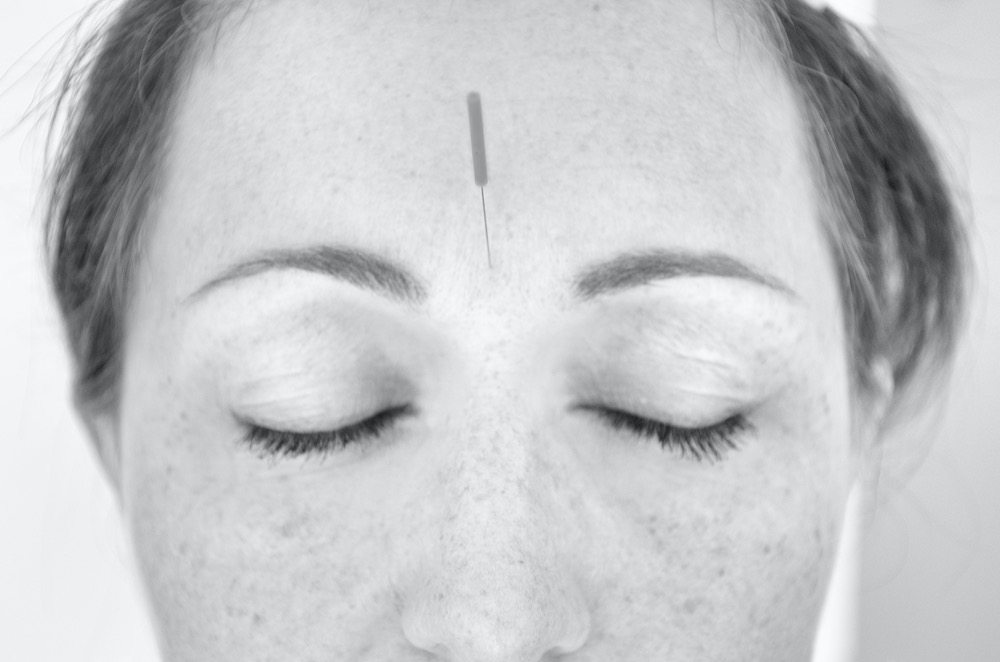
“It is by virtue of the twelve channels that human life exists, that disease arises, that human beings can be treated and illness cured. The twelve channels are where beginners start and masters end.” The Classic of Acupuncture
Circa 1st Century BCE



